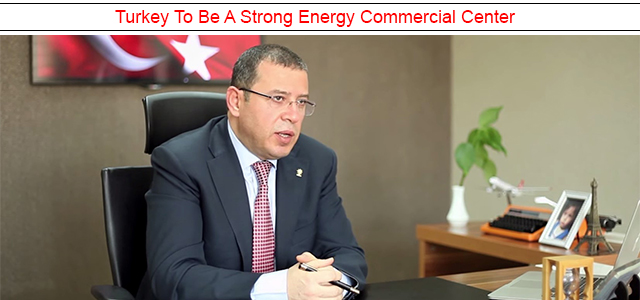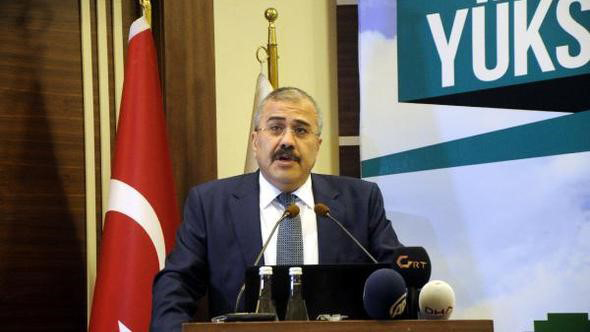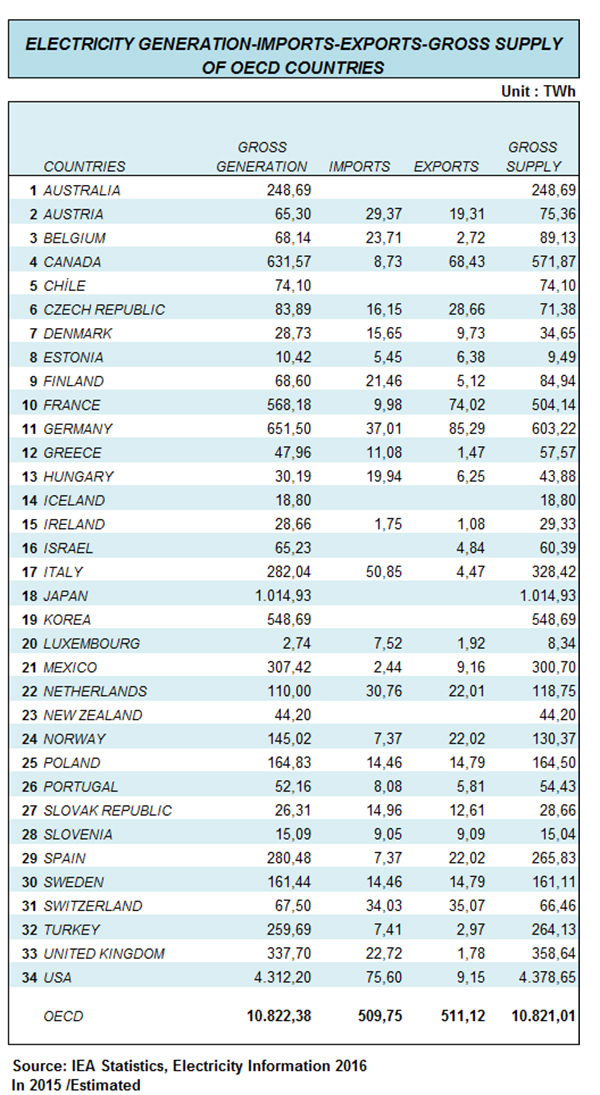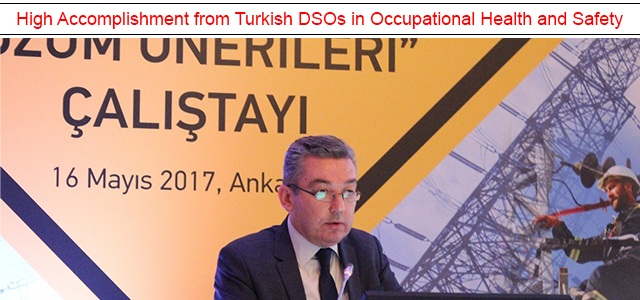
Turkish electricity distribution companies have succeeded 85 % improvement in occupational health and safety (OHS).
Turkish Ministry of Labor and Social Security and ELDER- Association of Electricity Distribution System Operators held "OHS Inspections and Solution Proposal Workshop in Electricity Distribution Sector" together.
Semih Ozcakir, Vice President of the Labor Inspection Board in Turkish Ministry of Labor and Social Security, stated that 13 DSOs were inspected out of 21 in 2016 and this means 62% of the whole sector was inspected. Ozcakir said, with subcontractors, 113 work places were inspected.
Ozcakir indicated that in total, 1.327 factors were found contrary to the legislation at the beginning. Saying that a period of time has been given to the companies for straightening these factors, Ozcakir said, after this time, 1.114 factors were corrected (means 85 percent). Ozcakir continued that they expect ELDER's contribution more at this point.
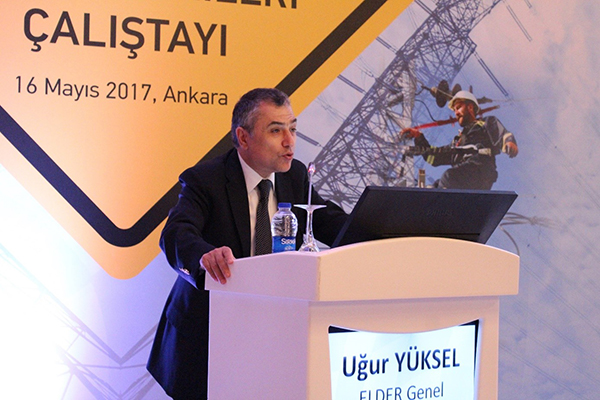
Working under energy increases the danger
Ugur Yuksel, General Secretary of ELDER, reminded that electricity distribution sector is classified as dangerous and very dangerous business. Yuksel pointed out that IT and communication technologies gain importance in the sector. He emphasized intelligent network concept has been used frequently for the last 10 years.
Yuksel, continued as follow:
"With the integration of information and communication technologies into the network, the intelligence of it is evolving. But this does not take away the dangerous nature of our work. In fact, today's people are much more dependent on electricity than in the past. Moreover, the tolerance to the outages is also reduced. ELDER, the regulatory authorities and the countries around the world have the goal of performing maintenance and repair service under energy. This makes our business a bit more dangerous. But it is a service that society expects from us. " Yuksel concluded his words by saying that OHS Working Group is one of the most important working groups under ELDER.

Bonus to companies
Alpaslan Mutlu, Head of Group in Distribution and Retail Sales of Electricity Market Department in EMRA, stated that as EMRA, a legislation has been made and said,
“The companies which do not have a fatal occupational accident, will receive bonus as an incentive up to 5 per thousand of their revenue cap.” Mutlu also expressed his happiness that DSOs are aware of their responsibilities.
ELDER OHS Working Group President Savas Seloglu underlined the importance of this workshop and said: "I hope we will do better in the distribution sector. This is the first step. We know that our road is long and tough. We will keep going with patience and determination.”
At the end of the workshop, some solution suggestions were made including working with close cooperation with every stakeholder in the sector, giving educations and putting the OHS standards into practice as soon as possible.
